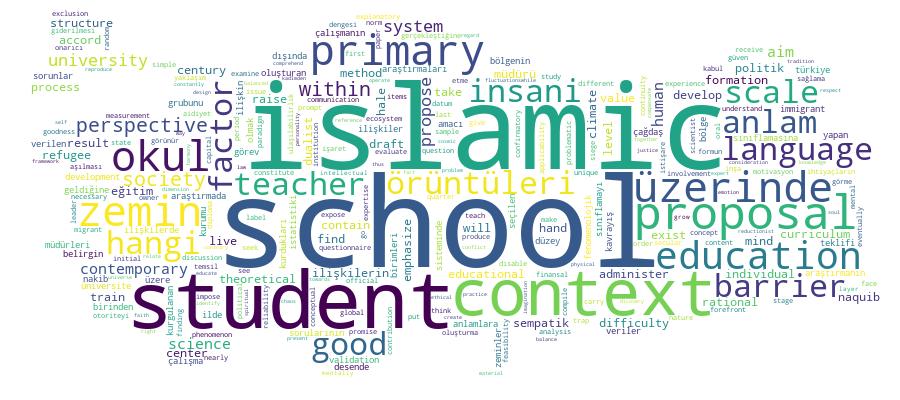Öz, Muhammed
Loading...

Profile URL
Name Variants
Job Title
Doktor Öğretim Üyesi
Email Address
muhammedoz@artuklu.edu.tr
Main Affiliation
Department of Philosophy and Religious Sciences / Felsefe ve Din Bilimleri Bölümü
Status
Website
ORCID ID
Scopus Author ID
Turkish CoHE Profile ID
Google Scholar ID
WoS Researcher ID
Sustainable Development Goals
SDG data is not available

This researcher does not have a Scopus ID.

Documents
0
Citations
0

Scholarly Output
3
Articles
2
Views / Downloads
16/445
Supervised MSc Theses
0
Supervised PhD Theses
0
WoS Citation Count
0
Scopus Citation Count
0
WoS h-index
0
Scopus h-index
0
Patents
0
Projects
0
WoS Citations per Publication
0.00
Scopus Citations per Publication
0.00
Open Access Source
3
Supervised Theses
0
Google Analytics Visitor Traffic
| Journal | Count |
|---|---|
| International Online Journal of Primary Education | 1 |
| Kuram ve Uygulamada Eğitim Yönetimi | 1 |
| Uluslararası İslam Eğitim Kongresi 2019 Bildiriler Kitabı | 1 |
Current Page: 1 / 1
Competency Cloud


